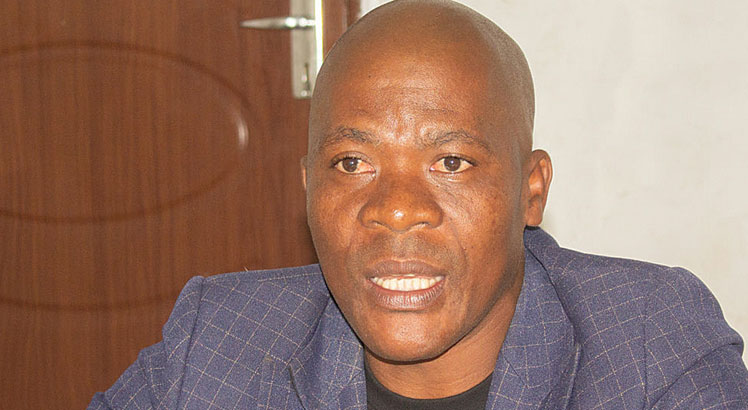MEJN cautions on rising debt costs
Malawi Economic Justice Network (Mejn) has warned that rising interest payments are undermining the country’s progress on the United Nations (UN) Sustainable Development Goals (SDGs).
Speaking at a panel discussion on human rights at the US Embassy in Lilongwe, Mejn executive director Bertha Phiri yesterday saidwith more resources channelled to interest payments, budget allocations to the social sectors have dwindled.
She said: “Independent analyses that we have done with our partners is that we are regressing on social spending and creating opportunities for economic activity. Malawi has a 75 percent dependency ratio. Only 25 percent of Malawians are economically active and the rest of the population is dependent on the active ones.
“Aside from that, government allocations to social spending have gone down because most of the funds go towards debt service.”

In its National Budget Brief for the 2023/24 financial year, Unicef observed that allocations to public debt interests charges has risen from 15 percent in the 2019/20 financial year to 24 percent in the 2023/24 financial year.
The UN agency also observed that the combined allocation to key social sectors as a share of total government expenditure has “gradually reduced from 35 percent in 2019/20 to hit a five-year low of 29 percent in 2023/24.
US Ambassador David Young urged local authorities to prioritise socio-economic rights to boost Malawi’s chances of achieving the goal of ensuring inclusive rights for everyone.
He said: “Social and economic rights are the key to unlocking all the other rights. It is hard to promote people’s access to quality education and health services, among other rights, when they are poor. As Ghandi put it; ‘Poverty is the worst form of violence’ because it limits their capacity to endure all other rights”.
In his 2023/24 Mid-Year Budget Review Statement delivered in Parliament on November 20, Minister of Finance and Economic Affairs Simplex Chithyola-Banda said government would allocate K561.19 billion to interest payments.
The minister did not explicitly state how much of the allocations would be allocated to the education and health sectors. However, in the original statement, the government allocated K603 billion to the education sector and K330.1 billion to the health sector.
Malawi is currently classified as a country in debt distress with the total public debt stock at K14.7 trillion or 76 percent of GDP, according to IMF data contained in the latest country report released last month.
Of the total debt stock, $4 billion (K6.8 trillion) was external debt, while $4.69 billion (K7.9 trillion) was domestic debt.






One Comment